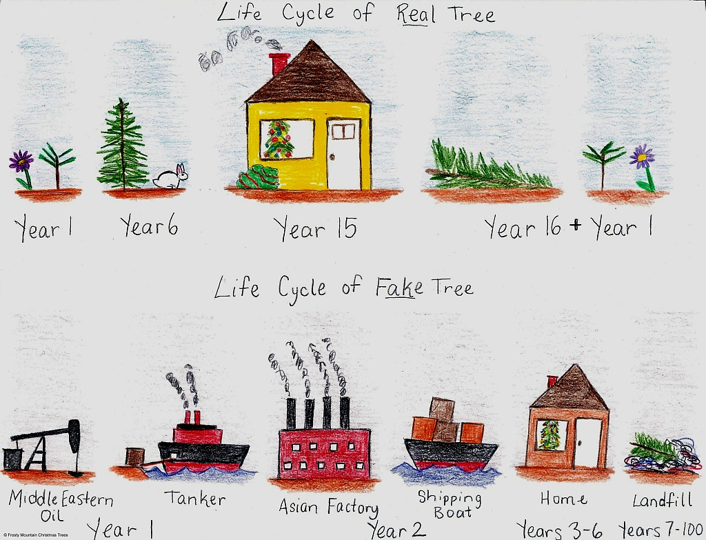Lecture 20 Life-cycle Analysis
November 16, 2023
Sample analytic questions
- How to compare the emissions of energy technology fairly?
- Does EV reduces or increase emissions?
- Does CO2 enhanced oil recovery reduces carbon emission?
- GHG implications of biomass?
This lecture benefits from the Life Cycle Assessment material at CMU.
LCA questions
- Paper or plastic grocery bags
- Cloth or disposable diapers
- Digital or hardcopy papers/books
- Plastic water bottles or tap water
System thinking
- Acknowledging the complex connectivity of our societies, economies and the natural environment
- Understanding system behaviors and responses (positive and negative)
- Modifying complex systems to achieve a more sustainable balance
- Life cycle thinking, applied to products and processes, is a specific example of systems thinking
Read more: Meadows (2008)
LCA
The assessment of environmental impacts of products or processes from “cradle to grave”
“Cradle to Grave”
- Raw material extraction
- Manufacturing
- Transportation
- Usage
- Disposal
Environmental impacts
- Greenhouse gases
- Particulates
- Water withdrawal
- Toxics
- Land use
Read more from Gwen DiPietro and Scott Matthews Life Cycle Assessment.
LCA Thinking

LCA of Real vs Fake Christmas Tree

Source:Gwen DiPietro and Scott Matthews Life Cycle Assessment; Read more: Ecochain
Another thought experiment
How should drinks be provided?
- 12 oz. aluminum (soda) cans
- 12 oz. steel (soda) cans
- 2 liter plastic (soda) bottles
- 8 oz. (fresh juice) boxes
- 32 oz. paperboard (fresh juice) boxes
- 8 oz. paperboard (concentrated and frozen juice) cans
- 10 oz. refillable glass bottles (from the 1970s)
- Syrup concentrate (from fountain machines)
Source:Gwen DiPietro and Scott Matthews Life Cycle Assessment
History of LCA
Initial LCA work was focused on energy
1969 - first multi-criteria study for Coca-Cola
- Glass versus plastic for container
- Choice between internal / external container production
- End of life options (recycling or one-way)
- Result: plastic bottle was better, contrary to expectations
- Study never published
- Questions of validity then occurred
- Led to calls by scientific community for a standardization process
The 80’s: LCA as a marketing instrument
LCA was used in the marketing claims
In 1991, the USA denounced the use of LCA results until further standards were in place.
1997: ISO 14000 Standardization
| ISO 14000 | Standards of Environmental Management |
|---|---|
| ISO 14001 | Certification of Environmental Management Systems |
| ISO 14010 | Audit guidelines |
| ISO 14011 | Audit methodology |
| ISO 14012 | Qualification of auditors |
| ISO 14013-14015 | Audit processes |
| ISO 14020-14025 | Environmental labeling |
| ISO 14031-14032 | Environmental performance evaluation |
| ISO 14040 / 14044 | Life Cycle Assessment – General principles and practices |
| ISO 14050 | Terms and Definitions |
| ISO 19011 | Guide for management systems auditing |
Rationale for a standard
- Want things done consistently
- Common guidelines
- Want to set level playing field in a market
- Following the standard is assessable, and determined compliant
- Analogous to ASTM and other “test standards”
- e.g., consistent concrete is desired and can be specified in a construction bid request: “we want ASTM C94 concrete”
- LEED Green Building Standards family
- Standards generally voluntary, but may be required by contract (require ISO 9000 compliant firm)
Source:Gwen DiPietro and Scott Matthews Life Cycle Assessment
Standard oganization
- Scope
- Normative references
- Terms and definitions
- General description of LCA
- Principles; Phases; Key features; General concepts of product systems
- Methodological framework
- Reporting
- Critical review
Phase of an LCA

Read more: https://www.iso.org/standard/37456.html
Recall renewables save water

Source: IEA (2016)
What LCA is what’s not
- LCA is a way of structuring/organizing the relevant parts of the life cycle
- It is a tool to track performance
- LCA is not a cure-all for our environmental problems
- LCA is not an “exact” science with provable axioms/theories
- LCA is part of the sustainability tool box
Source:Gwen DiPietro and Scott Matthews Life Cycle Assessment
Uncertainties in LCA
- Use care in using simplistic methods to support decisions
- “A decision made without taking uncertainty into account is barely worth calling a decision.” (Wilson, 1985)
- Presumed focus of book and course
- We’re doing LCA for big decisions
- Hybrid cars? Green energy? Change-the-world policy questions
- Hybrid cars? Green energy? Change-the-world policy questions
- Thus analysis should be as good as possible
- “It depends” studies perhaps just not “complete” studies
- LCA is a robust methodology that requires careful choice of methods and leverage of quantitative tools.
Source:Gwen DiPietro and Scott Matthews Life Cycle Assessment
Summary
- System thinking and LCA thinking
- LCA could offer insights
- Learning those new tools and skills to do basic LCA
- LCA is a system think to address energy and climate challenges.